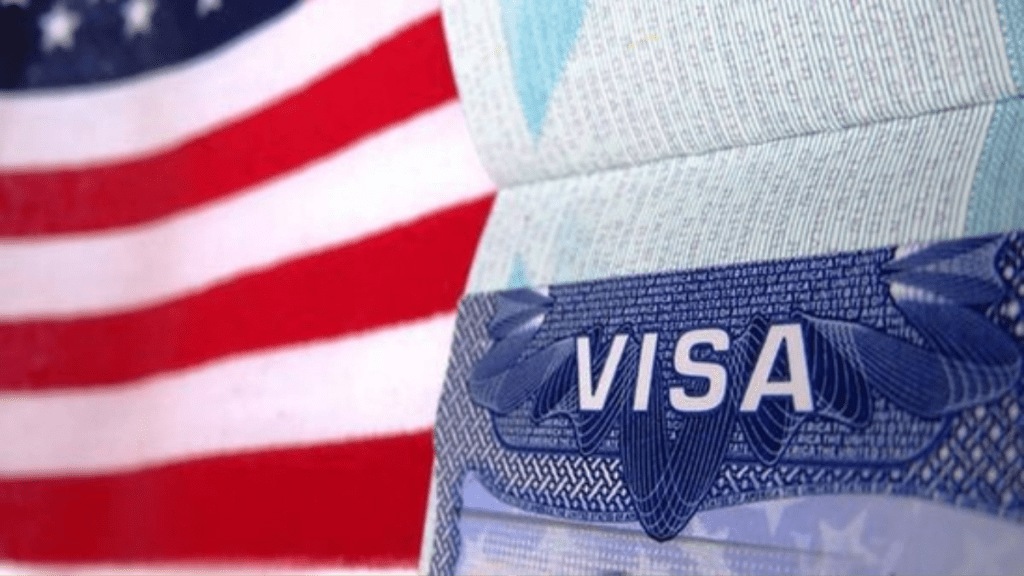In a post shared on Reddit, a B1 visa applicant from India recounted his recent rejection at the U.S. Embassy in New Delhi, shedding light on the challenges faced by professionals working for foreign companies without a local subsidiary.
The applicant, who had a business conference scheduled in the United States through his direct employer—a U.S.-based firm without an Indian subsidiary—was denied a visa under Section 214(b) of the U.S. Immigration and Nationality Act. The section pertains to the failure to qualify for a nonimmigrant visa due to lack of sufficient ties to the home country or failure to prove the trip is strictly temporary.
According to the post, the applicant had a scheduled appointment at 9:40 a.m. but only reached the interview window by 12:20 p.m. after a long wait in line. The visa officer asked standard questions about the purpose of travel, the nature of the company, and its corporate structure.
Upon learning that the applicant worked directly for a U.S. company with no registered Indian subsidiary, the officer reiterated the point and then handed over a 214(b) refusal slip without further explanation.
“Just to confirm, you work for the American company directly and not its subsidiary?” the officer asked, to which the applicant responded in the affirmative, sensing the interview was already heading toward a denial.
In the Reddit post, the applicant expressed confusion and frustration, writing, “How is it my fault if my company doesn’t have an Indian subsidiary registered and what am I supposed to say, lie!?”
The experience has resonated with other users online, especially those with similar employment structures. Many pointed out the growing grey area in visa approvals where candidates employed directly by foreign companies struggle to meet perceived eligibility norms, despite legitimate travel purposes.
The user also advised others whose appointments had been rescheduled to carry a printout of the reschedule confirmation, even though it wasn’t checked in his case.
The incident has reignited discussion around transparency and consistency in the U.S. visa interview process, especially for professionals from emerging markets working remotely for foreign companies in the post-pandemic global economy.


